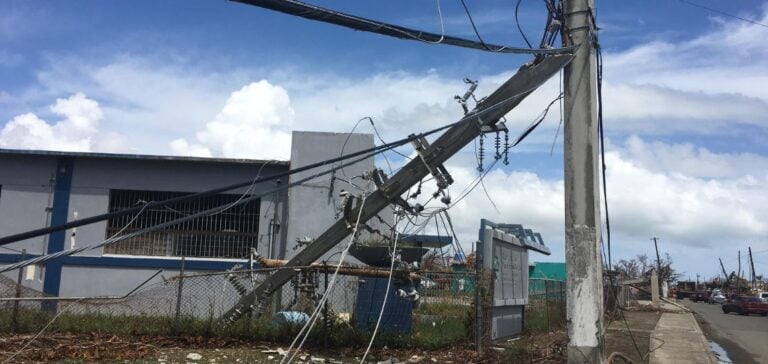Cobra Acquisitions LLC has reached a settlement agreement with the Puerto Rico Electric Power Authority (PREPA) and the Financial Oversight and Management Board for Puerto Rico (FOMB).
The agreement ends disputes over payments due for restoration services provided after Hurricane Maria in 2017.
Background and importance of PREPA
PREPA, Puerto Rico’s electricity authority, plays a central role in the management and distribution of energy on the island.
Puerto Rico, like the rest of the southern United States, regularly sees its power grid impacted by hurricanes.
Since Hurricane Maria, PREPA has been working to rebuild the severely damaged power grid.
However, ongoing financial difficulties and bankruptcy proceedings are complicating these efforts.
In 2017, Cobra was hired to help restore the network, but payments for these services have been delayed due to PREPA’s financial situation.
Agreement details
The agreement calls for a total payment of $188 million, divided into three tranches.
Cobra will receive $150 million by the end of August 2024, $20 million following validation of the PREPA adjustment plan, and $18.4 million in funds withheld by FEMA (the federal agency responsible for natural disasters), following resolution of any appeals.
This agreement enables Cobra to reduce its bad debts and improve its financial position.
Financial implications for Mammoth Energy
Mammoth Energy plans to use part of the funds to repay its $49.3 million term loan.
The remainder, approximately $139.1 million, will be allocated to internal investments and general corporate purposes.
Mammoth’s board of directors, along with those of PREPA and FOMB, have approved the agreement, which still awaits approval from the U.S. District Court for the District of Puerto Rico.
Outlook on the PREPA situation
The resolution of this dispute represents a significant step forward for Cobra and Mammoth Energy.
However, it also highlights the financial and operational challenges that PREPA continues to face.
Managing critical infrastructure in Puerto Rico, particularly in times of economic crisis and natural disasters, remains complex and requires sustainable solutions to stabilize the island’s power grid.






















